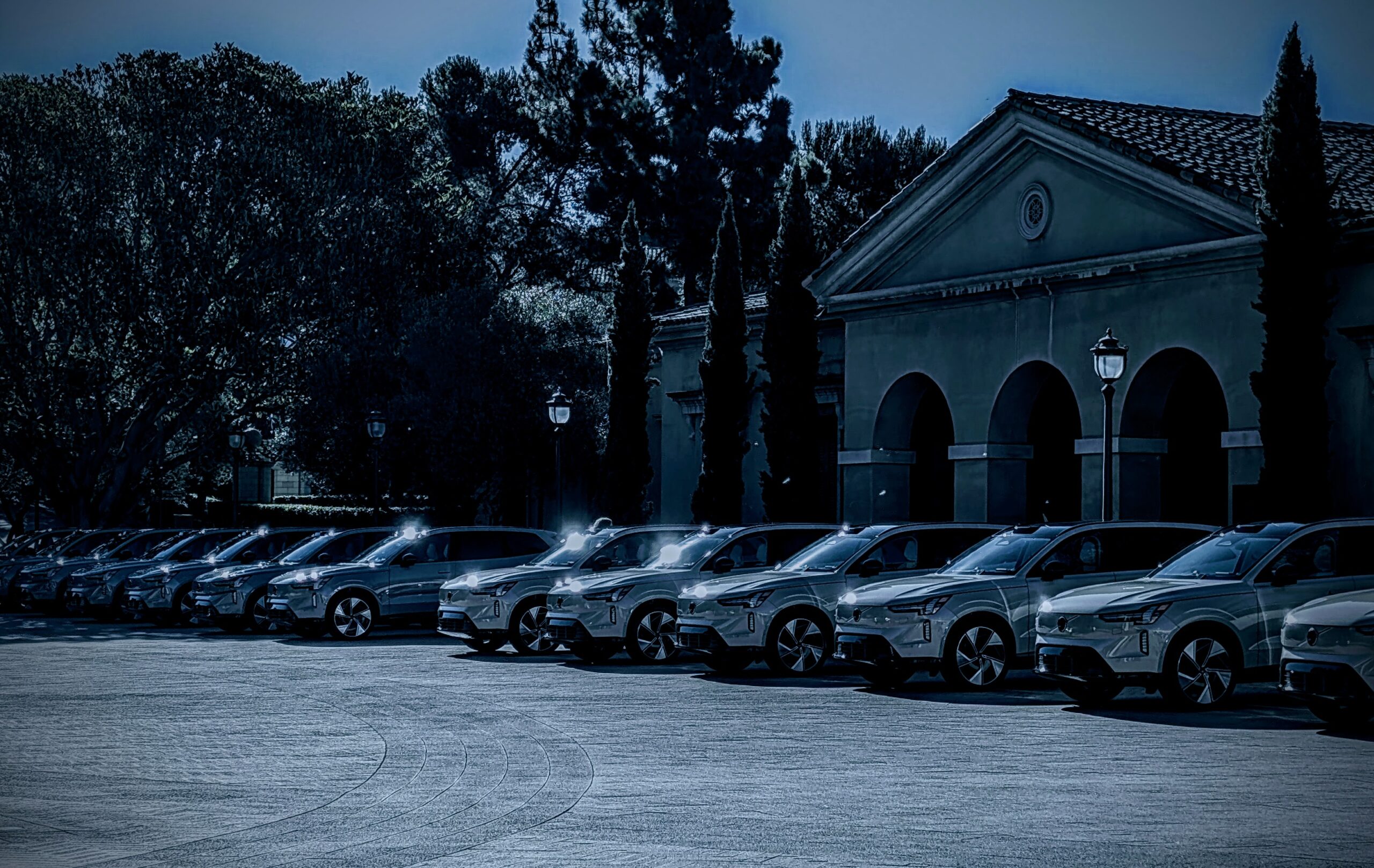Support CleanTechnica’s work through a Substack subscription or on Stripe.
JBM Electric Vehicles arrived at Busworld 2025 in Brussels with a clear message: the Indian electric bus manufacturer is no longer simply exporting vehicles to Europe — it’s planting roots. The company’s launch of the ECOLIFE e12 city bus, coupled with the announcement of a Frankfurt-based European headquarters, signals an aggressive push into one of the world’s most demanding public transport markets.
JBM is the only the second non-Chinese, non-European bus maker at Busworld 2025. The other one is VinFast from Vietnam.
Going Continental
For those unfamiliar with JBM, the scale is worth noting. The electric mobility division of the $3.3 billion JBM Group operates what it claims is the world’s largest integrated electric bus manufacturing facility outside China, with an annual capacity of 20,000 units at its Indian plant. The company’s fleet has already logged over 200 million electric kilometers, transported more than 1 billion passengers, and avoided over 1 billion kilograms of emissions globally.
Now, under the leadership of Vice Chairman and Managing Director Nishant Arya, JBM is leveraging that operational experience to challenge established European manufacturers on their home turf.
This is not the first time the company has ventured into Europe. Their first taste of success began in 2023.
Engineered for European expectations
The ECOLIFE e12 represents JBM’s answer to the exacting requirements of European public transport operators. At its core is a 12-meter monocoque body structure fabricated entirely from stainless steel — a design choice prioritizing both durability and weight reduction. The bus delivers up to 400 kilometers of range on a single charge, with ultra-fast charging capabilities designed to maximize fleet utilization and minimize downtime.
But range alone won’t win European contracts. JBM has equipped the e12 with a comprehensive Advanced Driver-Assistance System (ADAS) developed in-house and engineered for full compliance with stringent EU safety regulations. The suite includes Advanced Emergency Braking (AEBS), Forward Vehicle Collision Warning (FVCWS), Lane Departure Warning, Pedestrian and Cyclist Collision Warning (MOIS), and Blind Spot Detection. The system also incorporates protections against cyber-attacks and driver fatigue monitoring — increasingly critical considerations as vehicles become more connected.
Sustainability extends beyond zero tailpipe emissions. The e12 embraces circular economy principles through recyclable seats and eco-friendly fabrics manufactured from recycled yarns, addressing the growing European emphasis on lifecycle environmental impact.
Building European Infrastructure
The establishment of a European headquarters in Frankfurt represents more than symbolic commitment. The German facility will serve as JBM’s central operational hub for marketing, sales, aftersales support, and strategic partnerships across the European Union. For operators considering JBM vehicles, local presence translates to accessible service networks, faster response times, and dedicated regional expertise — factors often as critical as vehicle specifications in procurement decisions.
This localized approach marks a departure from the arms-length export model many Asian manufacturers initially adopted when entering European markets. JBM appears to be learning from both the successes and missteps of predecessors, recognizing that sustained European market penetration requires boots on the ground.
The E-Verse Ecosystem
JBM’s pitch extends beyond the vehicle itself. At Busworld, the company showcased its E-Verse platform — a complete ecosystem encompassing fast charging infrastructure, lithium-ion battery technology, power distribution systems, and connected fleet management networks. The integrated approach is designed to eliminate operational downtime, addressing one of the primary concerns operators voice when transitioning from proven diesel fleets to electric operations.
By controlling the full technology stack in-house, JBM can offer operators a single point of accountability for their electric transition — an increasingly attractive proposition as transit agencies grapple with the complexity of electrification.
Arya didn’t shy from bold projections during the launch.
He reaffirmed JBM’s Net Zero 2040 commitment and outlined an aggressive three-year roadmap: serving over 20 billion passengers and accumulating 3 billion electric kilometers globally. Whether those targets prove realistic will depend heavily on how quickly JBM can scale its European operations alongside continued growth in established markets.
Willing To Compete — And Ready, Too
JBM enters a European market already crowded with established players — from legacy manufacturers like Volvo, Mercedes, and MAN to Chinese competitors like BYD and Yutong who have secured significant footholds over the past decade. The company’s value proposition appears to rest on three pillars: proven operational scale, comprehensive in-house technology, and competitive pricing backed by local support infrastructure.
The ECOLIFE e12’s success will ultimately be determined by how European operators evaluate that package against incumbent alternatives. Initial reception at Busworld suggests curiosity, if not commitment. Transit agencies are increasingly willing to consider manufacturers outside the traditional European supplier base, particularly as electrification creates opportunities to reassess longstanding procurement relationships.
JBM’s European debut at Busworld 2025 represents a calculated bet that the company’s Indian market success can translate to one of the world’s most sophisticated public transport ecosystems. The ECOLIFE e12 checks the necessary technical boxes — range, safety systems, charging capability — but converting Brussels buzz into binding contracts will require demonstrating reliability, service excellence, and total cost of ownership advantages in real-world operations.
With Frankfurt headquarters operational and the e12 now officially available for European procurement, JBM has moved from aspirational entrant to active competitor. How quickly operators embrace that option will help determine whether the European electric bus landscape becomes more diversified — or whether established players successfully defend their territory.
Sign up for CleanTechnica’s Weekly Substack for Zach and Scott’s in-depth analyses and high level summaries, sign up for our daily newsletter, and follow us on Google News!
Have a tip for CleanTechnica? Want to advertise? Want to suggest a guest for our CleanTech Talk podcast? Contact us here.
Sign up for our daily newsletter for 15 new cleantech stories a day. Or sign up for our weekly one on top stories of the week if daily is too frequent.
CleanTechnica uses affiliate links. See our policy here.
CleanTechnica’s Comment Policy




